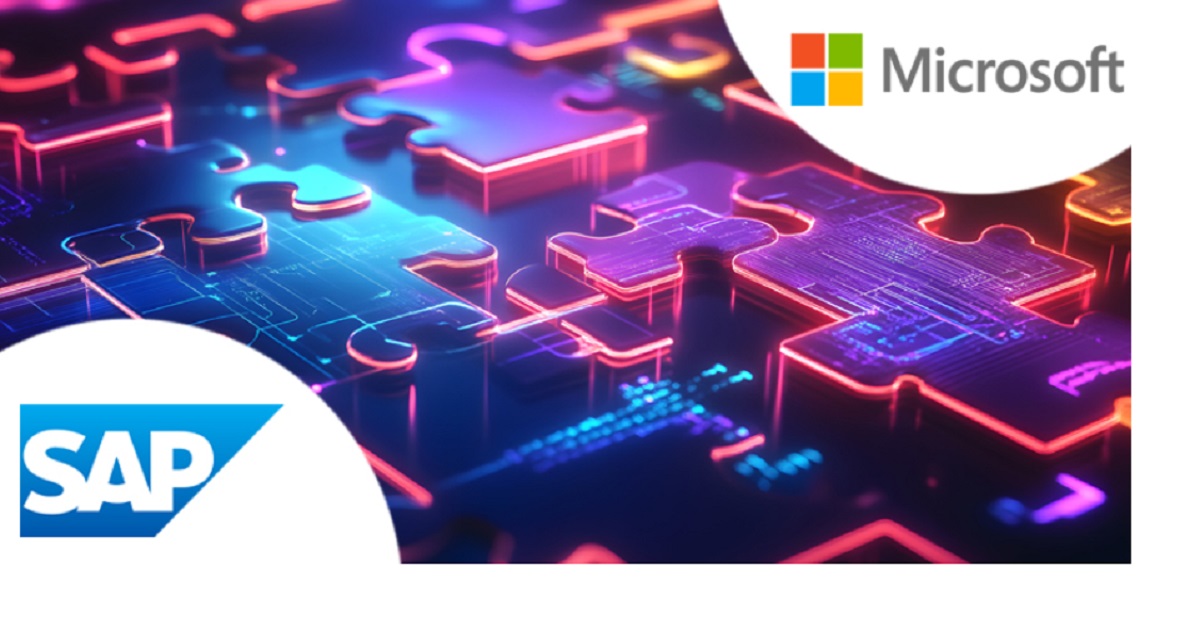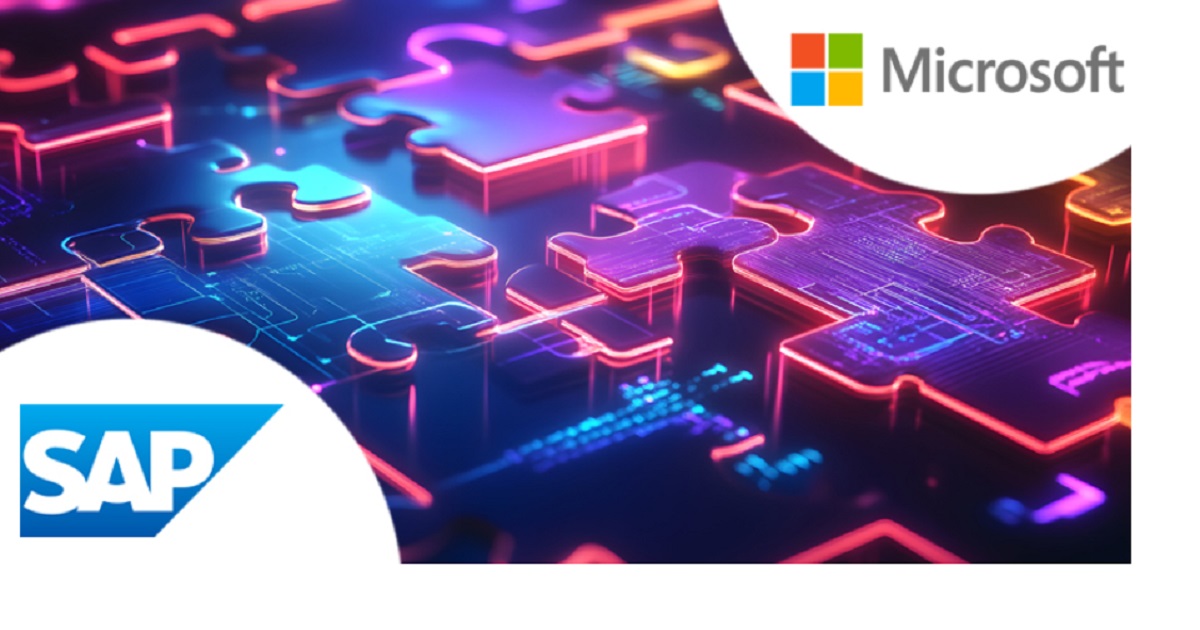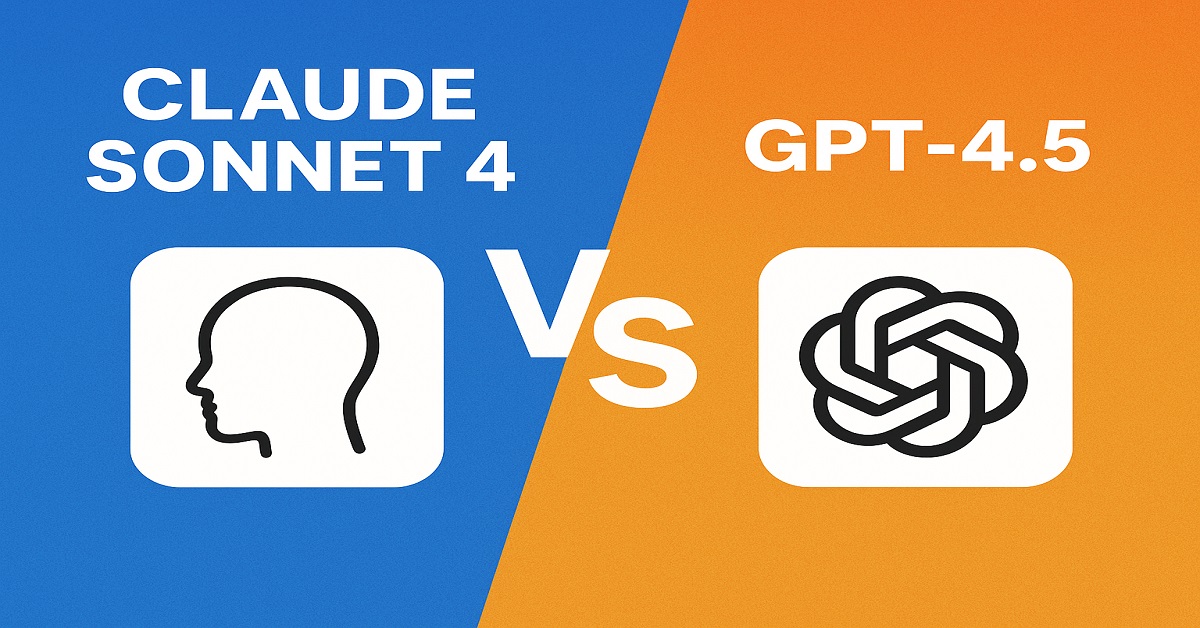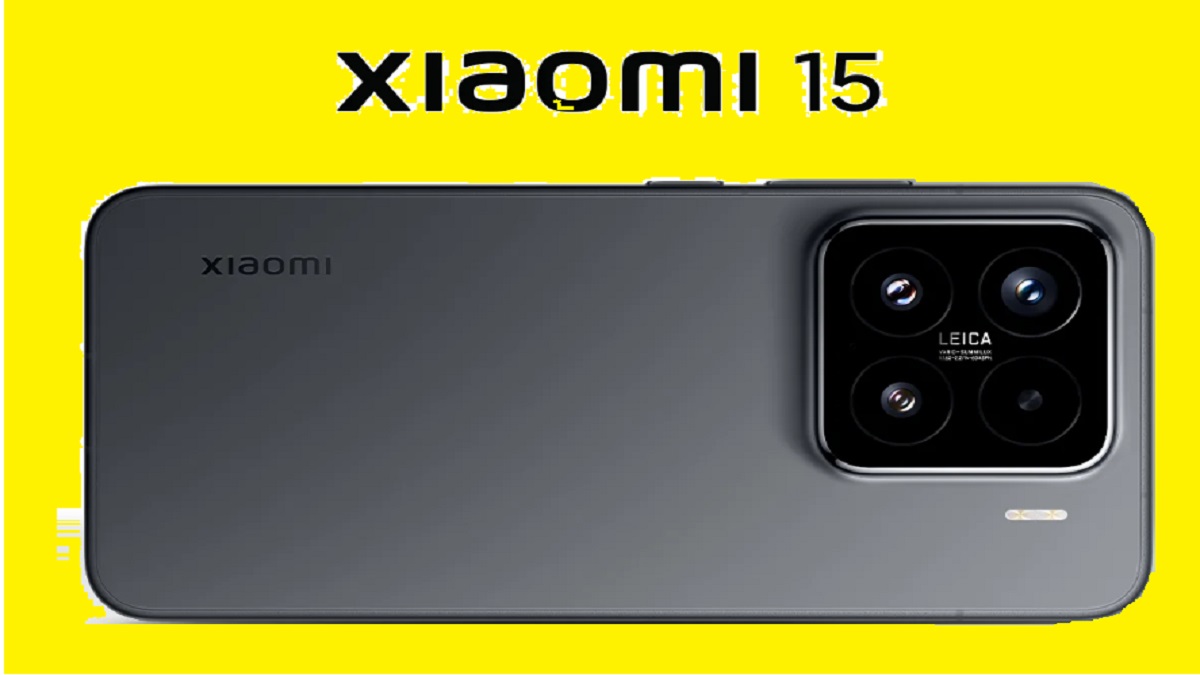
In the world of enterprise technology, collaboration between big players often leads to groundbreaking innovations. One such collaboration that has everyone talking is the new integration between SAP Joule and Microsoft Copilot. This exciting preview promises to bring together SAP’s powerful business solutions with Microsoft’s AI-driven productivity tools, creating a seamless experience for businesses of all sizes. In this post, we’ll explore what this integration means, and how it can help businesses operate more efficiently, make smarter decisions, and boost productivity.
What Are SAP Joule and Microsoft Copilot?
Before we dive into the impact of their integration, let’s break down what each platform is all about.
SAP Joule is SAP’s AI-powered suite that helps businesses make data-driven decisions and automate complex workflows. It’s designed to bring machine learning and advanced analytics into business operations, making it easier for teams to get real-time insights and improve efficiency.
Microsoft Copilot is Microsoft’s AI assistant integrated into tools like Microsoft 365, including Word, Excel, and Teams. Powered by OpenAI, Copilot helps users complete tasks faster by automating repetitive activities and providing intelligent recommendations. It’s like having a personal assistant within your most-used apps.
Why Does This Integration Matter?
The partnership between SAP and Microsoft isn’t just about two powerful technologies working together; it’s about unlocking new possibilities for businesses. Here are some key benefits this integration brings to the table:
1. Smarter, Faster Decision-Making
With SAP Joule’s AI-powered analytics combined with Microsoft Copilot’s ability to process and present data in real time, decision-makers can make smarter choices more quickly. No more sifting through endless reports or spreadsheets—everything you need to know can be delivered directly in the apps you already use, like Microsoft Teams.
2. Automated Daily Tasks
We all know how much time is wasted on routine tasks—whether it’s generating reports, scheduling meetings, or responding to emails. This integration will help businesses automate those repetitive tasks. For example, Copilot can take care of creating detailed reports from SAP’s data, freeing up time for employees to focus on higher-value tasks.
3. Improved Collaboration
Whether you’re in the same office or working remotely, collaboration is essential to business success. With this integration, teams can work smarter, sharing real-time data from SAP Joule directly within Microsoft Teams or other tools. This brings important business insights to the forefront, making collaboration not just easier, but more productive.
4. Streamlined Workflows
If your business already uses SAP for operations and Microsoft 365 for productivity, this integration will make your workflow even smoother. Rather than jumping between systems, everything you need—whether it’s data from SAP or a document in Microsoft Word—will be interconnected. It’s a seamless experience that saves both time and effort.
What Does This Mean for Different Industries?
This integration isn’t just a game-changer for one specific sector—it can benefit a wide range of industries:
- Manufacturing: Companies in manufacturing can use this integration to optimize their supply chains and improve production scheduling, helping to reduce costs and increase efficiency.
- Finance: Financial institutions can analyze data more effectively, manage risks, and improve customer service by leveraging insights from both SAP and Copilot.
- Retail: Retailers can use this integration to forecast demand, personalize the customer experience, and streamline inventory management—all while automating daily operations.
- Healthcare: For healthcare providers, automating administrative tasks like appointment scheduling and patient data management can free up valuable time for patient care and improve operational efficiency.
What’s Next for SAP Joule and Microsoft Copilot?
This integration is still in its preview phase, and as SAP and Microsoft continue to fine-tune it, we can expect even more features and capabilities. The future looks bright for businesses looking to take advantage of AI and automation in their day-to-day operations. With more companies adopting AI-driven tools, the collaboration between SAP and Microsoft could set the standard for the next generation of enterprise software.
In Conclusion
The integration of SAP Joule and Microsoft Copilot represents a major leap forward for businesses looking to streamline operations and boost productivity. By combining SAP’s AI-driven business solutions with Microsoft’s powerful productivity tools, this collaboration offers new ways for companies to make better decisions, automate routine tasks, and enhance teamwork. For businesses already using SAP and Microsoft, this integration makes it easier than ever to connect systems and create a seamless workflow. As the technology continues to evolve, we can expect even more exciting possibilities on the horizon.








